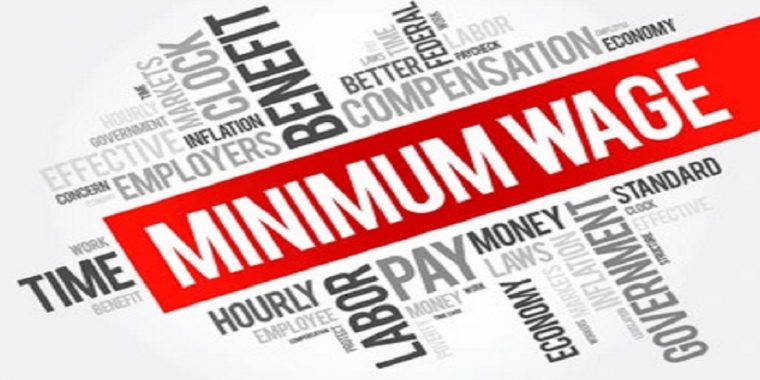Workers must be paid at least the statutory minimum pay for their age under minimum wage legislation. The National Living Wage (NLW) and the National Minimum Wage (NMW) are the two forms of minimum wages. The age threshold for the National Living Wage is dropped beginning April 1, 2021, in addition to the typical annual increases.
National Living Wage
The NLW is a higher statutory minimum wage that is paid to workers who are over the NLW age criteria. Prior to April 1, 2021, it was only available to workers above the age of 25. The NLW age threshold is being decreased as of April 1, 2021, and it must now be paid to workers aged 23 and up.
National Minimum Wage
The NMW is paid to employees who are under the age of entitlement to the NLW. Prior to April 1, 2021, the NMW applied to employees over the obligatory school leaving age but under the age of 25; after April 1, 2021, the NMW must be paid to workers under the age of 23 but over the required school leaving age.
Apprentices
Apprentices also have their own NMW rate. It is applicable to apprentices under the age of 19 as well as those above the age of 19 who are in their first year of apprenticeship.
Accommodation offset
Employers who offer accommodation for their employees might pay a reduced minimum wage to cover the expense of the accommodation. For each full day of housing given, the daily accommodation offset rate can be subtracted. A day is defined as midnight to midnight. The weekly offset rate for accommodation is seven times the daily rate.
From April 2022, the minimum wage and living wage rates are:
Age 23 and over (NLW): £9.50
Age 21 to 22: £9.18
Age 18 to 20: £6.83
Age Under 18: £4.81
Apprentice: £4.81
Who is entitled to a minimum wage:
The GOV.uk states that workers entitled to the correct minimum wage if they’re:
• part-time
• casual labourers, for example someone hired for one day
• agency workers
• workers and homeworkers paid by the number of items they make
• apprentices
• trainees, workers on probation
• disabled workers
• agricultural workers
• foreign workers
• seafarers
• offshore workers
However,
• self-employed people running their own business
• company directors
• people who are volunteers or voluntary workers
• workers on a government employment programme, such as the Work Programme
• members of the armed forces
• family members of the employer living in the employer’s home
• non-family members living in the employer’s home who share in the work and leisure activities, are treated as one of the family and are not charged for meals or accommodation, for example au pairs
• workers younger than school leaving age (usually 16)
• higher and further education students on work experience or a work placement up to one year
are not entitled to the National Minimum Wage or National Living Wage.
Employer Responsibility
Employers who fail to pay the National Minimum Wage or falsify payment records commit a crime.
Employers that discover they have paid a worker less than the correct minimum wage must make up the difference right away. This is even if the employee or worker no longer works for them.
HMRC officers have the authority to conduct checks at any time and to request payment records. They can also conduct investigations into employers if a worker complains to them.
If HMRC discovers that an employer has not been paying the correct rates, any arrears must be repaid right away. There will also be actions taken, and the government may decide to name offenders. Some of these actions may include:
• issuing a notice to pay money owed, going back a maximum of 6 years
• issuing a fine of up to £20,000 and a minimum of £100 for each employee or worker affected, even if the underpayment is worth less
• legal action including criminal legal proceedings
• passing on the names of businesses and employers to the Department for Business, Energy and Industrial Strategy (BEIS) who may put them on a public list
Holidays and Holiday Pay
Workers are entitled to at least 5.6 weeks of paid annual leave, which includes public and bank holidays. For someone who works five days a week, this corresponds to 28 days of yearly leave. Employers are permitted to offer
more annual leave than the statutory minimum, but not less. Except when the employee is leaving work and has earned and unused yearly vacation, holiday entitlement cannot be substituted by cash in lieu of leave.
Originally posted 2022-08-11 14:57:56.

